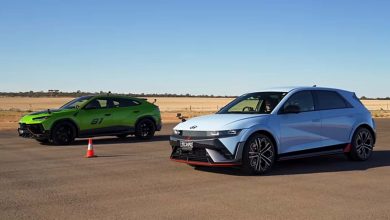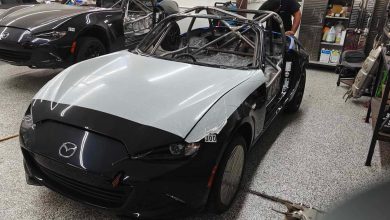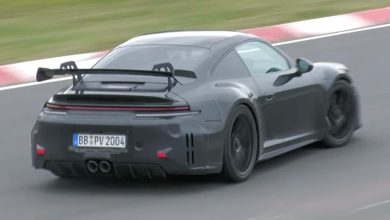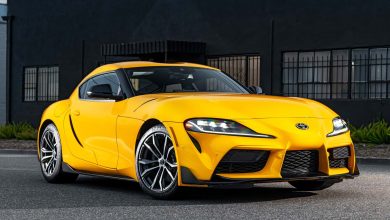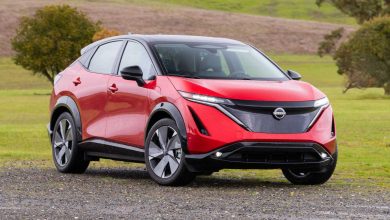Mercedes Is Spending Big Money on Gas Engines Again
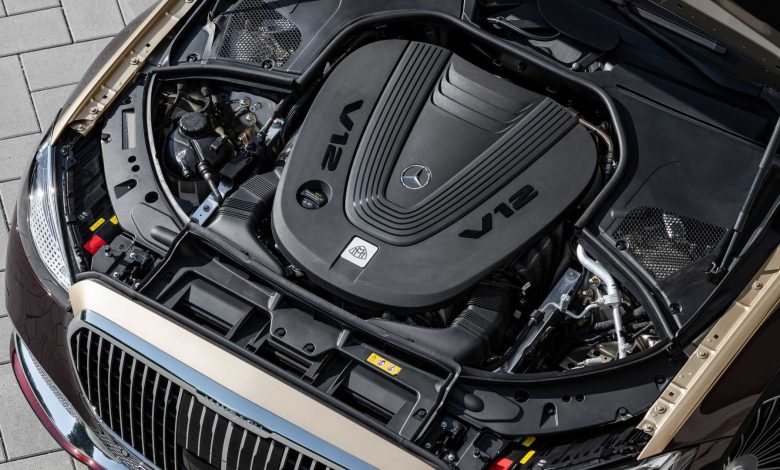
After conceding that its electrification goals have been overly ambitious, Mercedes is now pouring an obscene amount of money into combustion engines. In an interview with German publication Wirtschaftswoche, CEO Ola Källenius said ICE technology “will last well into the 2030s.” To make sure gas engines will meet increasingly stringent regulations, massive investments are necessary.
Just this year, the three-pointed star is spending €14 billion (about $15 billion at current exchange rates) on its passenger car division alone. The funds are reserved for “high-tech combustion technology” but also electrification and digitalization. Although the Swedish-German business executive didn’t specify how much Mercedes is spending on ICE, he admitted it’s “more money than previously planned.”
Källenius brought up the S-Class and the flagship’s mid-cycle update scheduled for 2026: “We have invested a lot more in the model update of the new combustion engine S-Class than we normally spend on a facelift.” The goal for Mercedes is to have its conventional powertrains at “the very highest technological level.” Without spending big money on gasoline and diesel engines, the luxury brand “would suddenly stall our combustion engine business in 2027 or 2028.”
He was referring to Euro 7 and China 7 regulations and how the engines must be updated to run cleaner to meet stricter emissions rules. The goal is for Mercedes to tweak all “relevant combustion engines and transmission combinations” to avoid having to pay massive fines. Källenius mentioned future engines will be electrified to some extent, so expect even more hybrids in the lineup.
Mercedes knows it must adapt now that the transition to EVs isn’t going as planned. Three years ago, it said plug-in hybrids and fully electric cars would represent about 50 percent of annual sales by 2025. However, that’s highly unlikely to happen. At one point, the company even said it would go fully electric by 2030 in some countries “where market conditions allow.”
After being hit in the face by reality, Mercedes has no other way but to readjust its goals. It now wants hybrids and electric cars to account for half of deliveries by the end of the decade. The ultimate objective to become carbon neutral by 2040 hasn’t changed, according to Källenius.

He refuted rumors about the company canceling the development of a platform for the next-generation EQS: “The project is running at high speed.” In addition, it’s not scrapping plans for the promised eight gigafactories to build batteries to support its electric ambitions. However, the facilities will be ready “a little later” than originally planned.
Since we mentioned the EQS, there was an interesting report earlier this year about how Mercedes was testing its stately electric car with a range-extending combustion engine. The big EV was allegedly fitted with a tiny two-cylinder, 1.0-liter turbocharged engine mounted at the front. However, trials were supposedly stopped.
Mercedes does have a deal with Geely to jointly work on hybrid engines that will go into Volvo models as well. The Chinese automotive giant has expertise in range-extenders, including a separate deal with Renault. The newly formed Horse division specializes in combustion engines, including those developed as range extenders.
Read the full article here


